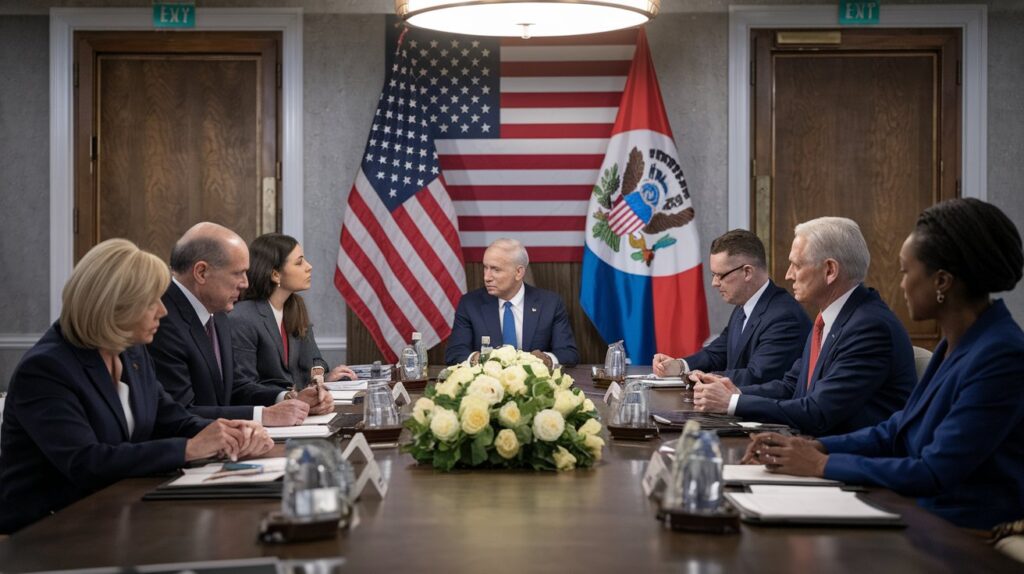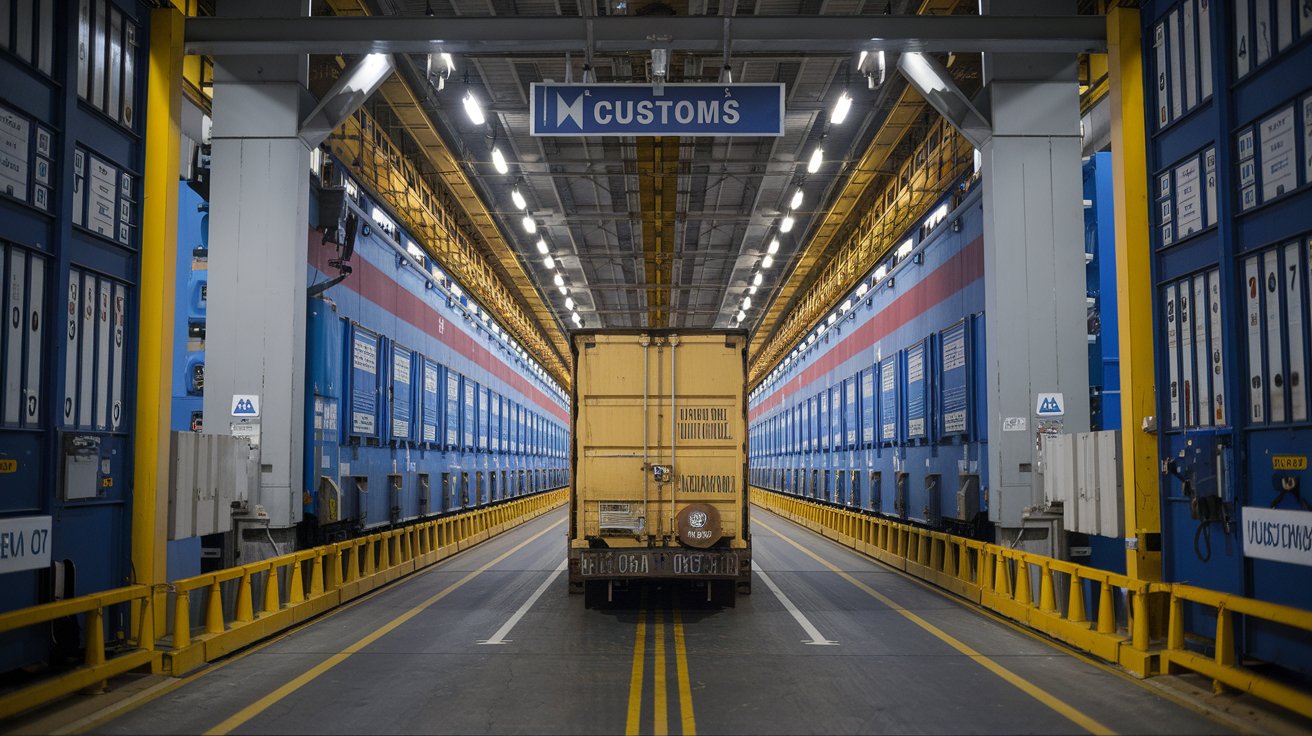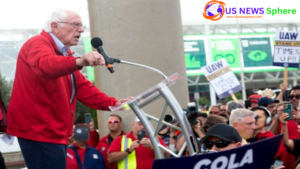Trump Claims Victory in Tariff and Migration Standoff with Colombia:
In a high-stakes standoff, Colombia has agreed to resume accepting deportation flights from the United States after facing tariff threats from former President Donald Trump. This resolution comes after weeks of diplomatic tensions, reflecting the intricate balance between economic leverage and immigration policy.
Background of the Dispute
The conflict emerged when Colombian President Gustavo Petro initially refused entry to U.S. deportation flights, citing concerns over the humane treatment of returnees. The decision led to an immediate response from the Trump administration, which announced a 25% tariff on all Colombian imports, with a warning to escalate the rate to 50% if Colombia did not comply.
In addition to tariffs, the U.S. imposed visa restrictions on Colombian officials and implemented enhanced inspections on Colombian exports, creating significant pressure on the South American nation.
Resolution and Statements from Officials
Facing potential economic setbacks, Colombian Foreign Minister Luis Gilberto Murillo confirmed that Colombia would continue to accept deported nationals under improved conditions. He stated, “We have overcome this diplomatic impasse with the U.S. government and will ensure our citizens are treated with dignity upon their return.”
In response, the White House announced a temporary suspension of the tariffs, pending Colombia’s full compliance with its commitments. However, visa restrictions and export inspections will remain in place until the first successful deportation flight.
Economic and Diplomatic Implications
The agreement highlights the power of economic leverage in diplomacy, particularly when trade relationships are at stake. Colombia, a significant trade partner of the U.S., relies heavily on exports such as coffee, textiles, and oil. The imposed tariffs threatened to destabilize the country’s economy and job market, prompting a swift resolution.
Political analysts suggest that this development could set a precedent for future negotiations with other Latin American nations facing similar pressures related to U.S. immigration policies.

Public and Political Reactions
The decision has sparked mixed reactions from both nations. In the U.S., some political factions have lauded the administration’s firm stance on immigration enforcement, while critics argue that coercive economic measures could strain long-term diplomatic relations.
In Colombia, public sentiment remains divided. While some citizens appreciate the government’s efforts to negotiate favorable terms, others express concerns about the welfare of returnees and the nation’s sovereignty.
Conclusion
The resolution of this dispute underscores the complexity of global migration issues and the influence of economic policies on international relations. As both countries move forward, it remains to be seen how effectively Colombia will adhere to its commitments and how the U.S. will respond if further complications arise.








